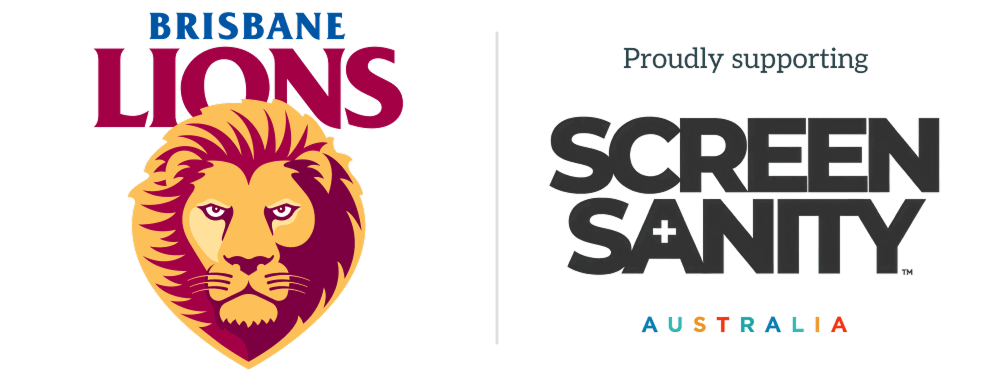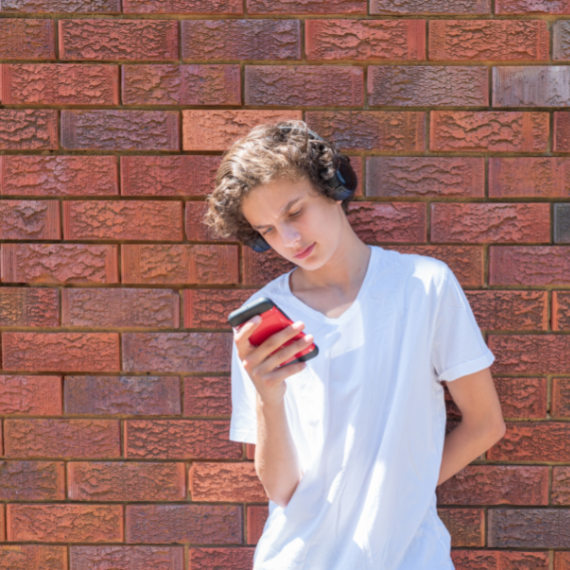Skip to:
When it comes to getting new information, we tend to look to the internet as a reliable source in the same way we used to pick up the newspaper, catch the evening broadcast or go to the library. But the internet has the potential and likelihood to push our kids into information that is not only untrue, but also does not keep their best interests in mind. The digital world often drives them in a specific direction — enticing them to spend as much time and attention on the internet as possible.
Apps and platforms use complex algorithms to identify ideas you are likely to believe, then they aggregate more extreme versions of that content to show you. The result of these algorithms? You slowly get taken down a rabbit hole, where you have fewer opportunities to learn about the other side of the story. Even though you might be a curious or open-minded person, you end up in echo-chambers, where misinformation is rampant, the circle of trust is smaller and you feel more and more isolated. The best way back to reality? Constructive, open-minded conversations with people who can help you see the world from all sides.
As parents, we are these conversation partners for our kids and teens. We are some of the most powerful voices in their lives, and we can help them discern what is accurate information versus misinformation or disinformation. Here are a few tips you can offer when coaching your child.
+ Practice “click restraint.” Wait 15-30 seconds before you click, looking for the most reliable sources.
+ Pause before you repost. Though it can be easy to quickly repost something that sparks your emotion, it’s best to pause and fact-check before you do.
+ Verify the source. Look for a blue badge next to the profile image. This means the account is widely known, and not a fake account. (For a fun quiz to test your ability to spot fake news accounts — known as “Trolls” — check out spotthetroll.org)
+ Evaluate the source’s feed. Click on the profile linked to the source of information. Who is behind the account and what do they have to profit? Look at the follows and read the conversation in the comments. Is this sponsored content? What are they selling? Is this account someone you trust? Why?
+ Ask a trusted adult. Let your child know they can come to you for advice when they are in doubt about whether or not news is credible. Even if you don’t know the answer, this can be an opportunity to model fact-checking and mentor your child in the online world.
As your child enters the world of social media and begins to develop their media literacy, our Social Media Playbook is an amazing resource to support them. This parent-child workbook cultivates intentional social media use and critical thinking skills, helping your child build muscles that are necessary for success and safety in the online world.




